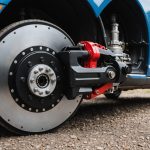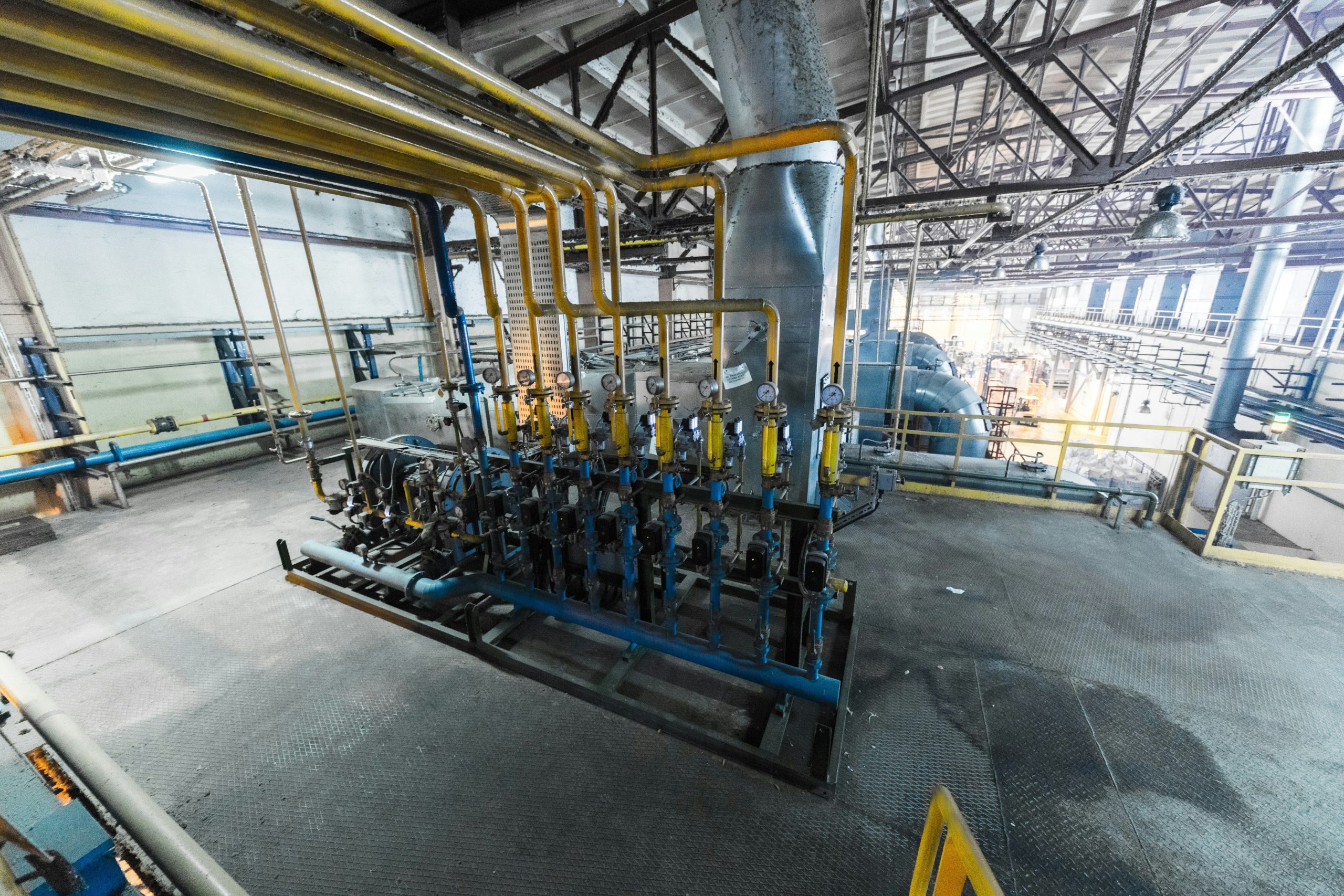Maintaining a Diesel Particulate Filter (DPF) is essential for optimizing performance and prolonging the life of your vehicle. With increasing awareness of environmental standards in the UK, neglecting DPF care can lead to costly repairs and reduced efficiency. This guide highlights practical strategies for effective DPF maintenance, helping you avoid common pitfalls and enhance your vehicle’s functionality. Explore these tips to ensure that your diesel engine runs smoothly and meets regulatory requirements, ultimately saving you time and money.
Importance of Diesel Particulate Filter Maintenance
Diesel Particulate Filters (DPFs) are crucial components in modern diesel vehicles. They are designed to capture and store soot particles to reduce emissions and meet stringent environmental standards. The proper functioning of a DPF is essential for maintaining vehicle performance and ensuring compliance with legal requirements.
In the same genre : Ultimate Guide to Transporting Hazardous Materials in Personal Vehicles: Legal Regulations Across the UK
Regular DPF maintenance is vital for optimal vehicle performance. A clogged DPF can lead to increased fuel consumption and reduced engine efficiency, as the engine has to work harder to push exhaust gases through the filter. This not only affects the vehicle's performance but also increases operational costs due to higher fuel usage.
Moreover, maintaining your DPF is critical for reducing harmful emissions. A well-maintained DPF effectively traps soot, preventing it from being released into the atmosphere. This contributes to cleaner air and helps meet environmental standards set by regulatory bodies.
Also to read : Unlocking the True Expense: A Comprehensive Guide to Total Cost of Ownership for High-Mileage Used Cars in the UK
In the UK, failing to maintain your DPF can have legal consequences. Vehicles with malfunctioning or removed DPFs can fail the MOT test, leading to fines and penalties. It is illegal to drive a vehicle without a functioning DPF, as it contravenes emissions regulations designed to protect public health and the environment. Regular DPF maintenance ensures compliance and avoids potential legal issues.
Essential Maintenance Tips for DPFs
Maintaining your Diesel Particulate Filter (DPF) is crucial to ensure your vehicle runs efficiently and remains compliant with legal standards. Regular DPF care involves adhering to recommended maintenance schedules and practices. It is advisable to follow the manufacturer's guidelines for preventive maintenance, which typically include periodic inspections and professional cleaning services.
Recommended Maintenance Schedules and Practices
- Regular DPF Care: Conducting routine check-ups can help identify potential issues before they escalate. This involves inspecting for any visible blockages or damage.
- Preventive Maintenance: Engaging in preventive measures, such as scheduled cleaning, can prolong the lifespan of your DPF and enhance vehicle performance.
Importance of Using Quality Fuel and Additives
Opting for high-quality fuel and additives is another critical aspect of DPF maintenance. These can reduce the accumulation of soot and ash, minimizing the risk of clogging. Quality additives can aid in the regeneration process, where accumulated soot is burned off, keeping the DPF clean and functional.
Visual Inspections and Identifying Early Signs of Issues
Visual inspections are a simple yet effective way to monitor the condition of your DPF. Look for warning signs such as unusual exhaust smoke or dashboard alerts indicating DPF problems. Addressing these early can prevent costly repairs and ensure your vehicle remains in top condition.
Troubleshooting Common DPF Issues
Understanding the symptoms of DPF failure or clogging is essential for effective DPF troubleshooting. Common indicators include reduced engine performance, increased fuel consumption, and persistent dashboard warnings. Unusual exhaust smoke or a noticeable loss of power can also signal DPF problems.
Diagnosing DPF Issues
A systematic approach to DPF diagnostics can help pinpoint the root cause of the problem. Start by checking for any error codes using an OBD-II scanner. This tool can provide insights into the specific issues affecting your DPF. Next, inspect the exhaust system for visible signs of damage or blockage.
Recommended Tools and Techniques
Utilising the right tools and techniques can streamline the troubleshooting process. An OBD-II scanner is indispensable for reading diagnostic trouble codes. Additionally, a digital thermometer can measure exhaust temperatures, highlighting abnormal readings that may indicate DPF issues. For more comprehensive diagnostics, consider a professional-grade DPF cleaning machine.
Regular checks and maintenance can prevent severe DPF problems. By staying vigilant and addressing issues promptly, you can ensure your vehicle's DPF remains functional and efficient. This proactive approach not only enhances vehicle performance but also extends the lifespan of your DPF.
Manufacturer Recommendations for DPF Maintenance
Adhering to DPF Manufacturer Guidelines is essential for ensuring the longevity and efficiency of your vehicle's Diesel Particulate Filter. Manufacturers provide specific instructions tailored to each vehicle model, which are crucial for maintaining optimal performance and compliance with emissions standards.
Overview of Manufacturer-Specific Maintenance Guidelines
Each vehicle comes with its own set of Vehicle-Specific DPF Care instructions. These guidelines often include recommended cleaning intervals, types of cleaning methods, and any specific tools required. By following these detailed instructions, you can prevent common issues such as clogging and ensure the DPF operates efficiently.
Importance of Adhering to OEM Recommendations
Original Equipment Manufacturer (OEM) recommendations are designed to match the specific requirements of your vehicle's DPF system. Ignoring these can lead to premature wear and potential failures, increasing repair costs and downtime. OEM guidelines ensure that maintenance practices align with the design and engineering of the DPF, promoting better performance and compliance with legal standards.
How to Access and Interpret Manufacturer Service Manuals
Accessing manufacturer service manuals is straightforward. These documents are typically available on the manufacturer's website or through authorized dealerships. They provide comprehensive instructions on DPF maintenance, including troubleshooting tips and service schedules. Understanding these manuals is key to effectively implementing DPF Manufacturer Guidelines and ensuring your vehicle's DPF remains in top condition.
Understanding UK-Specific Regulations and Standards
Navigating the landscape of UK emission standards is crucial for vehicle owners, especially concerning Diesel Particulate Filters (DPFs). These standards are designed to mitigate environmental impact by controlling the emissions produced by diesel vehicles. DPF regulations ensure that vehicles contribute to cleaner air and comply with stringent environmental laws.
Overview of UK Emission Regulations Affecting DPFs
The UK has implemented comprehensive regulations that dictate emission limits for diesel vehicles. These rules are part of a broader effort to reduce air pollution and protect public health. Compliance with DPF regulations is mandatory, as DPFs play a vital role in trapping harmful soot particles, thus reducing emissions.
Consequences of Non-Compliance with Local Standards
Failing to adhere to UK emission standards can lead to severe consequences. Non-compliance may result in vehicles failing the MOT test, legal penalties, and fines. Moreover, operating a vehicle without a functioning DPF is illegal and can lead to further legal actions, impacting both individuals and businesses.
Resources for Staying Informed About Regulatory Changes
Staying updated on regulatory changes is essential for maintaining environmental compliance. Vehicle owners can access resources such as government websites, industry publications, and automotive associations. These platforms provide updates on legislation and guidance on maintaining compliance with evolving DPF regulations.
Additional Resources and Support for DPF Maintenance
Navigating Diesel Particulate Filter (DPF) maintenance can be challenging, but numerous DPF resources and maintenance support options are available to assist vehicle owners. Leveraging these can enhance the longevity and efficiency of your DPF.
Reputable DPF Service Providers
In the UK, several reputable DPF service providers offer expert professional services. These specialists are equipped to handle complex DPF issues, ensuring your vehicle remains compliant with emission standards. Engaging with these professionals can prevent costly repairs and extend the lifespan of your DPF.
Online Resources and Forums
For those seeking advice and community support, numerous online resources and forums focus on DPF maintenance. These platforms provide valuable insights and enable users to share experiences and solutions. Participating in these communities can help you stay informed about best practices and emerging trends in DPF care.
Importance of Professional Inspections
While online advice is beneficial, the importance of professional inspections cannot be overstated. Complex issues often require the expertise of trained technicians. Regular professional assessments ensure that your DPF operates efficiently, addressing problems that might not be visible during routine checks. This proactive approach is vital for maintaining vehicle performance and compliance.











